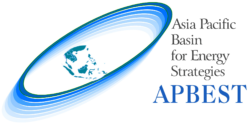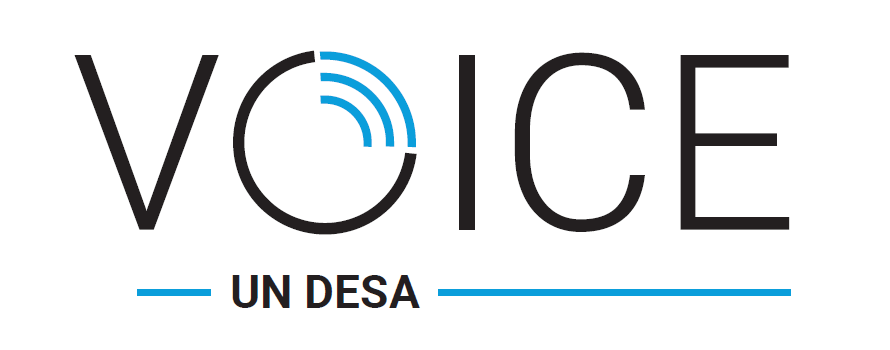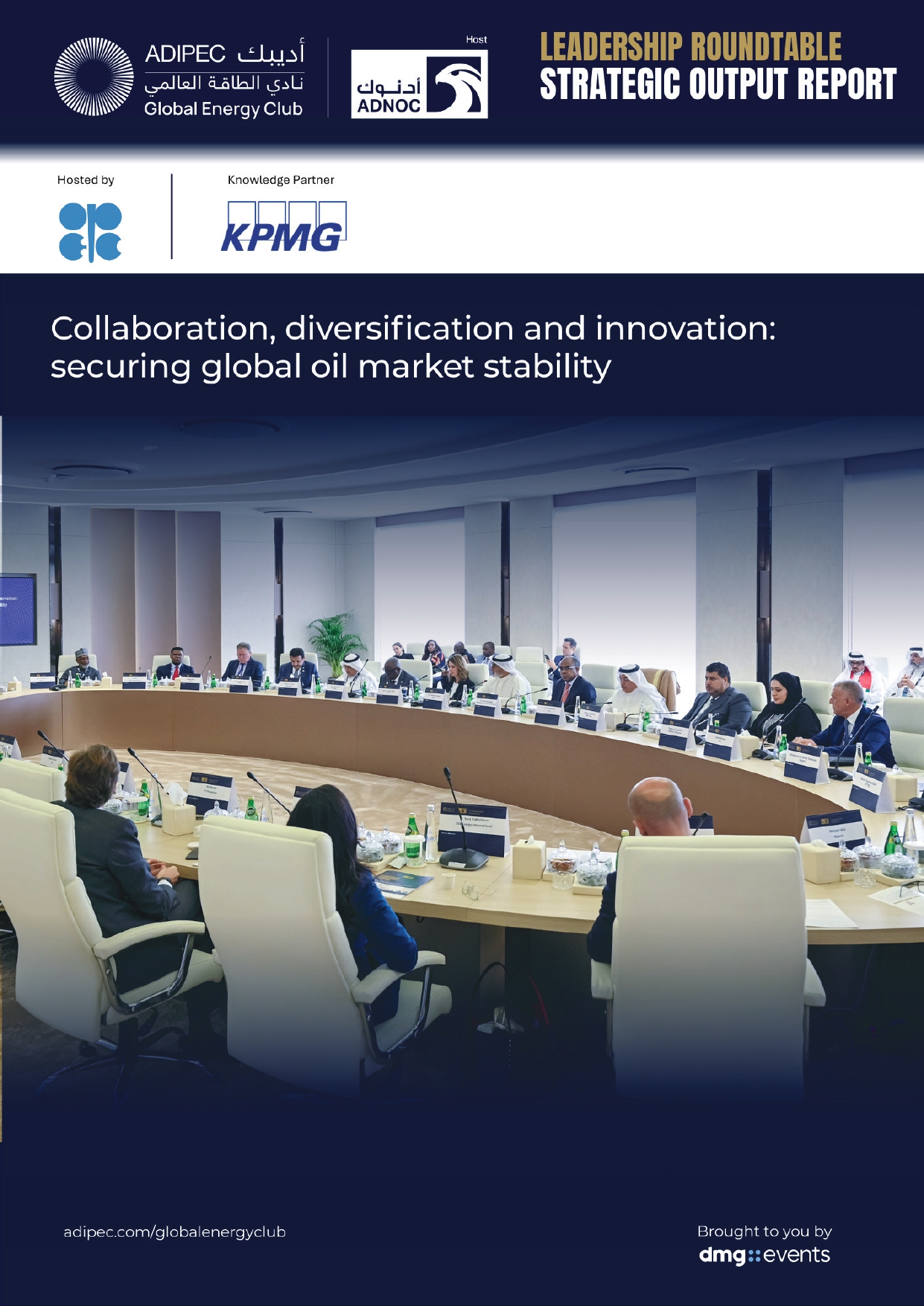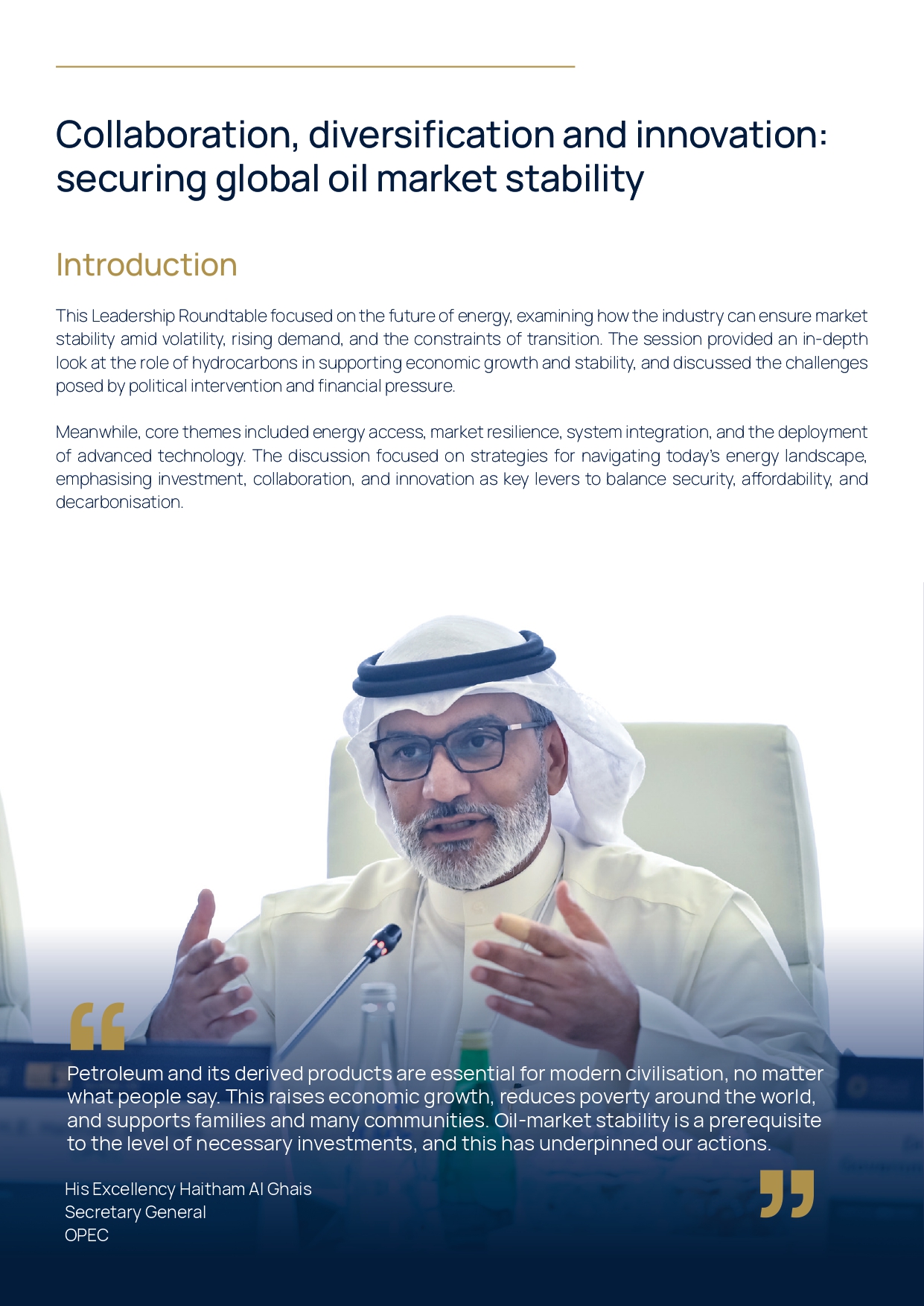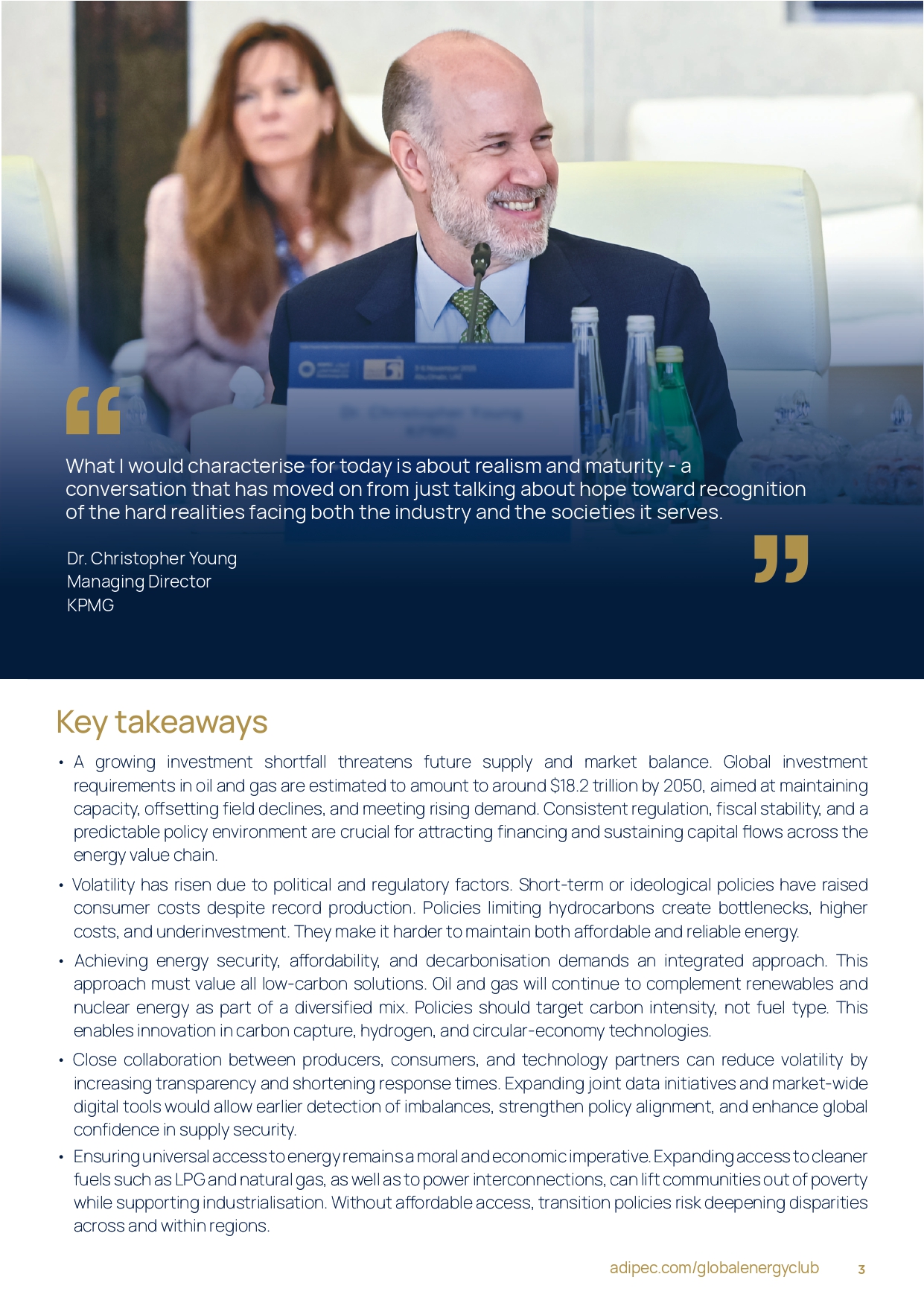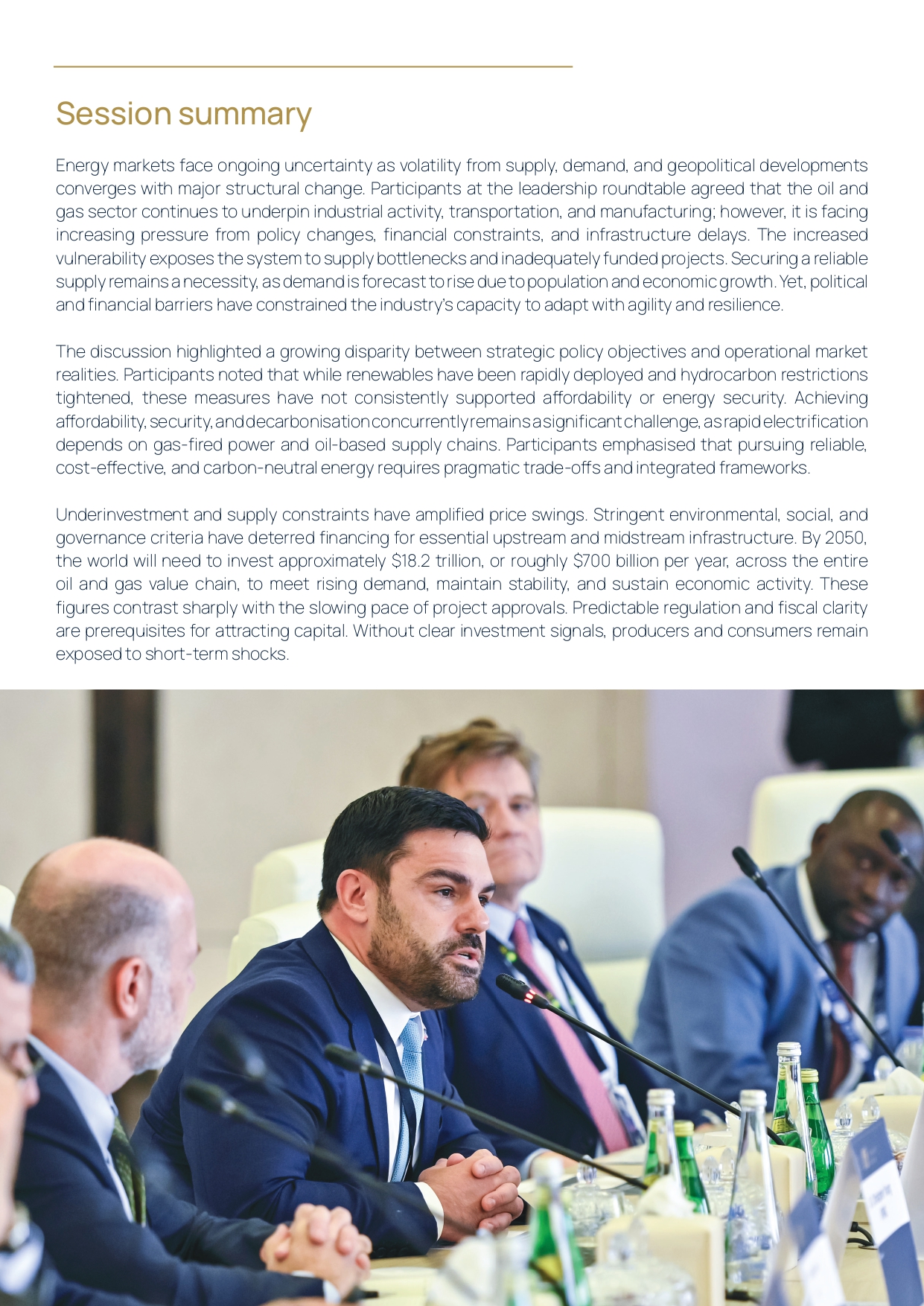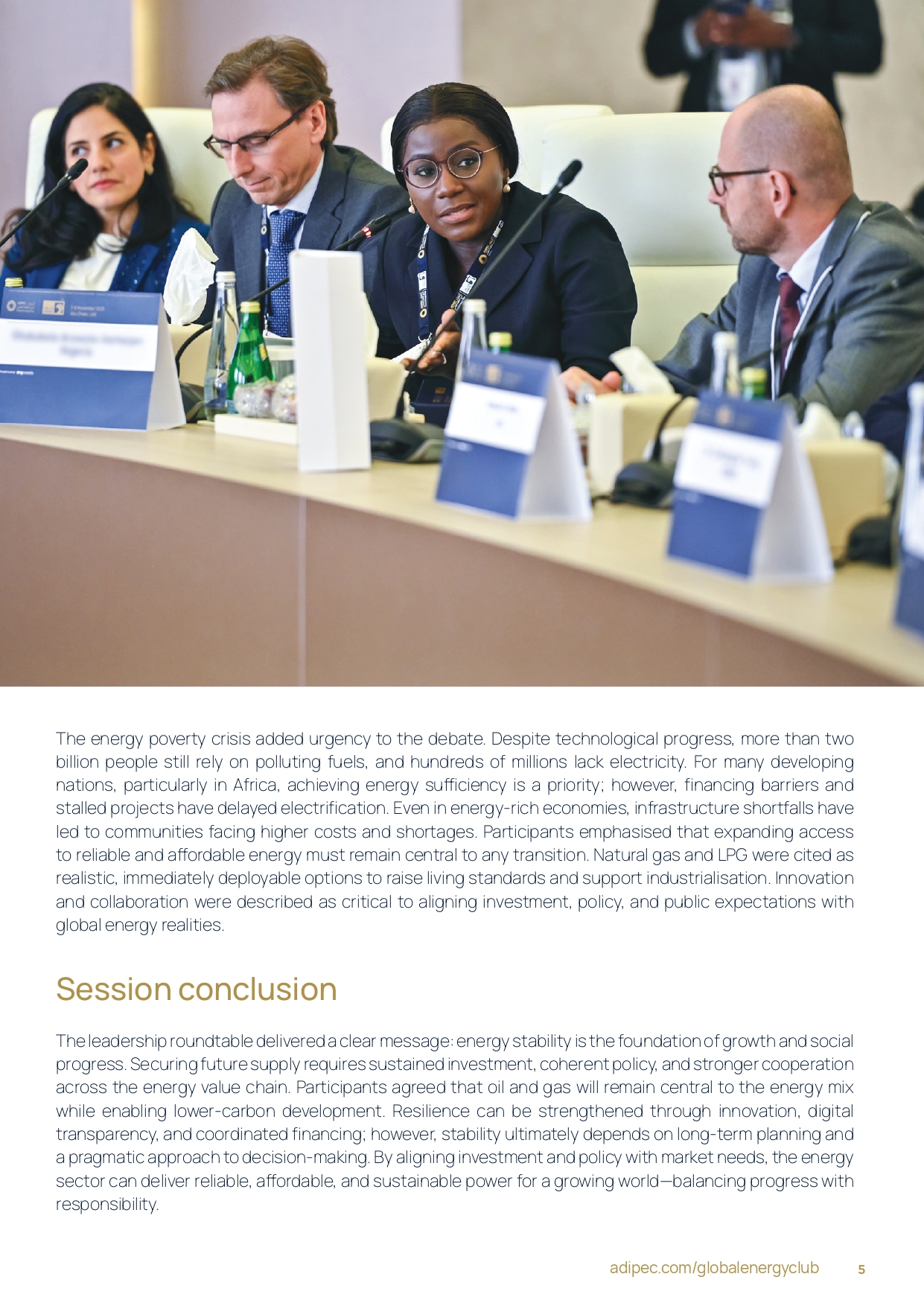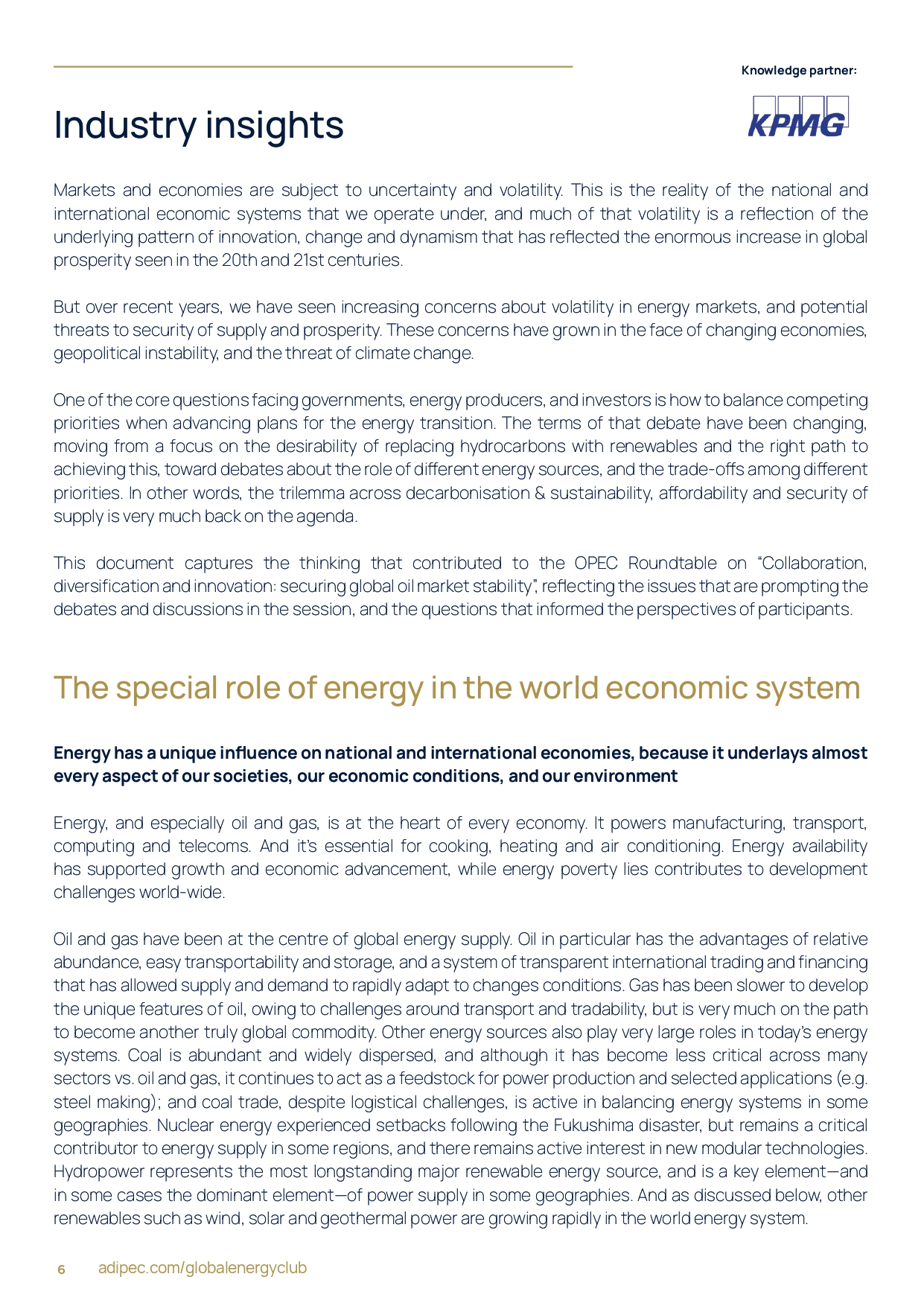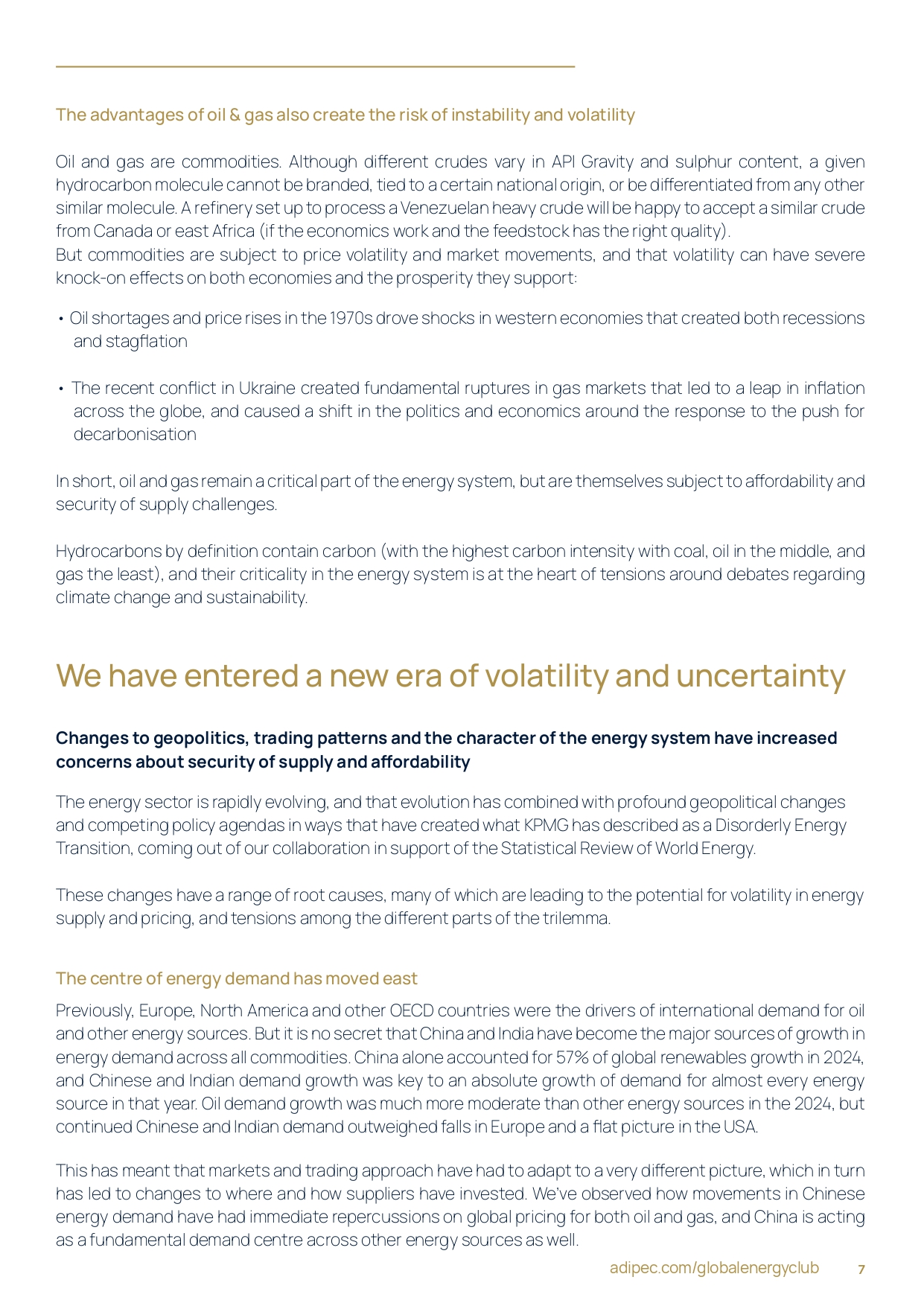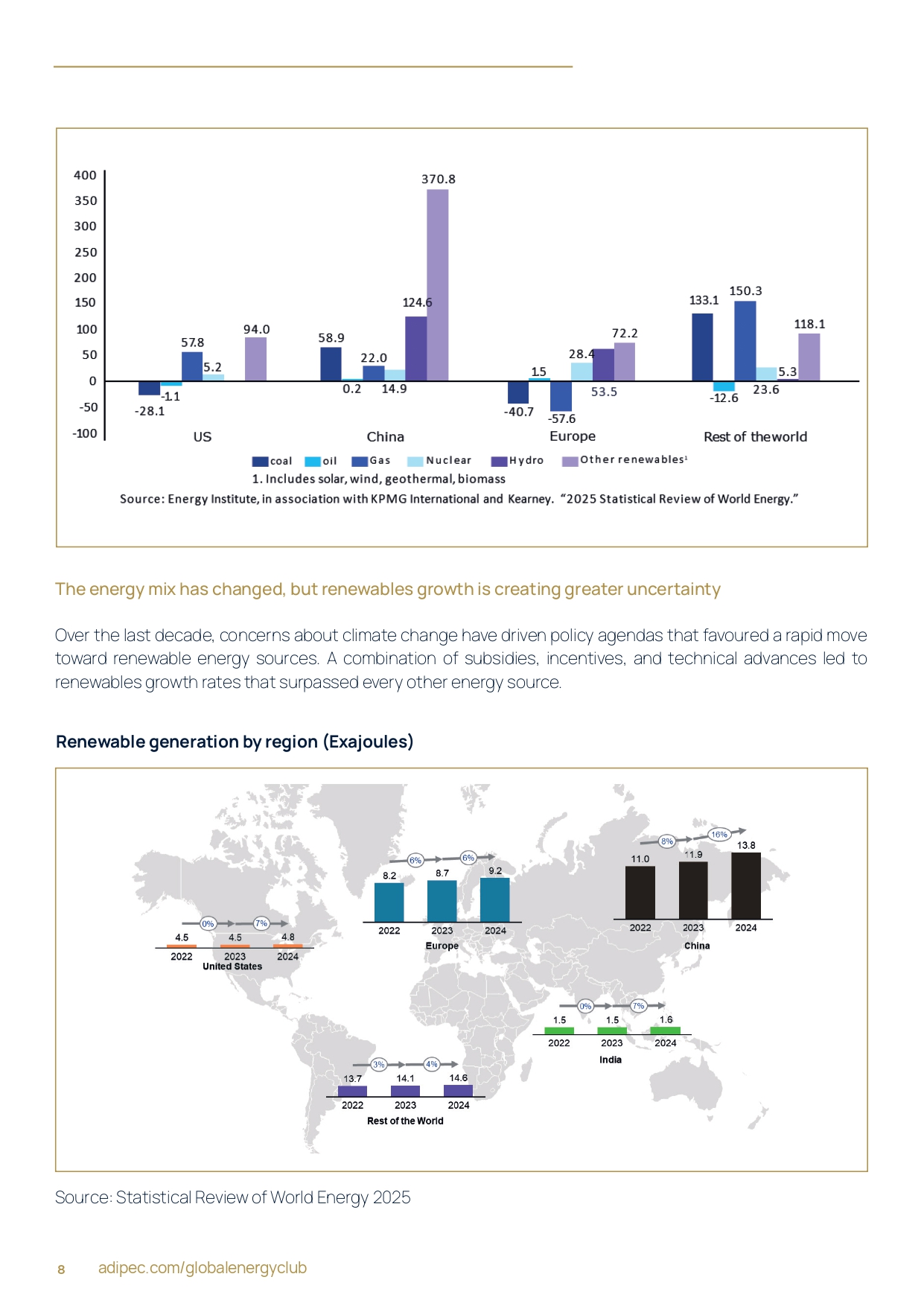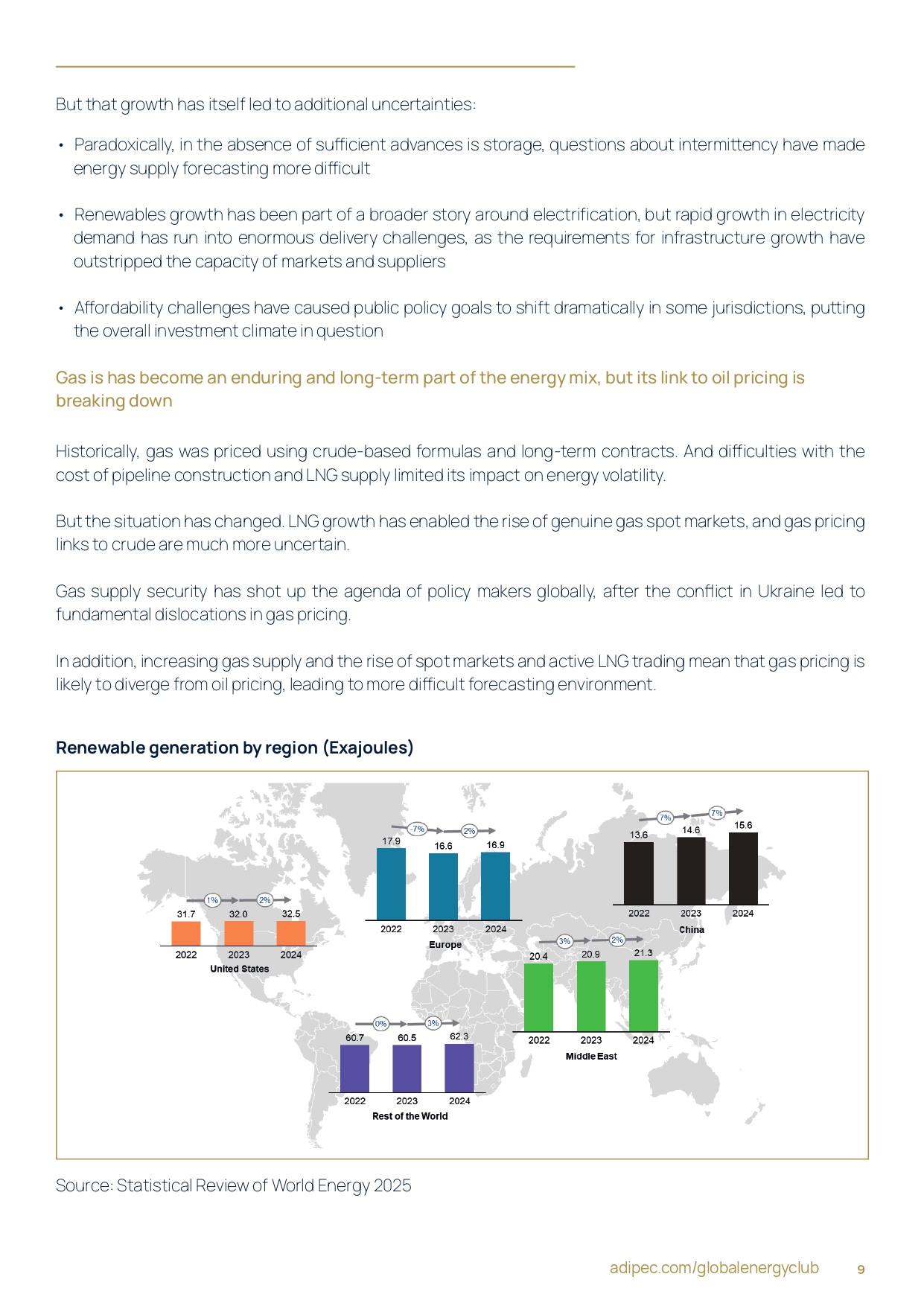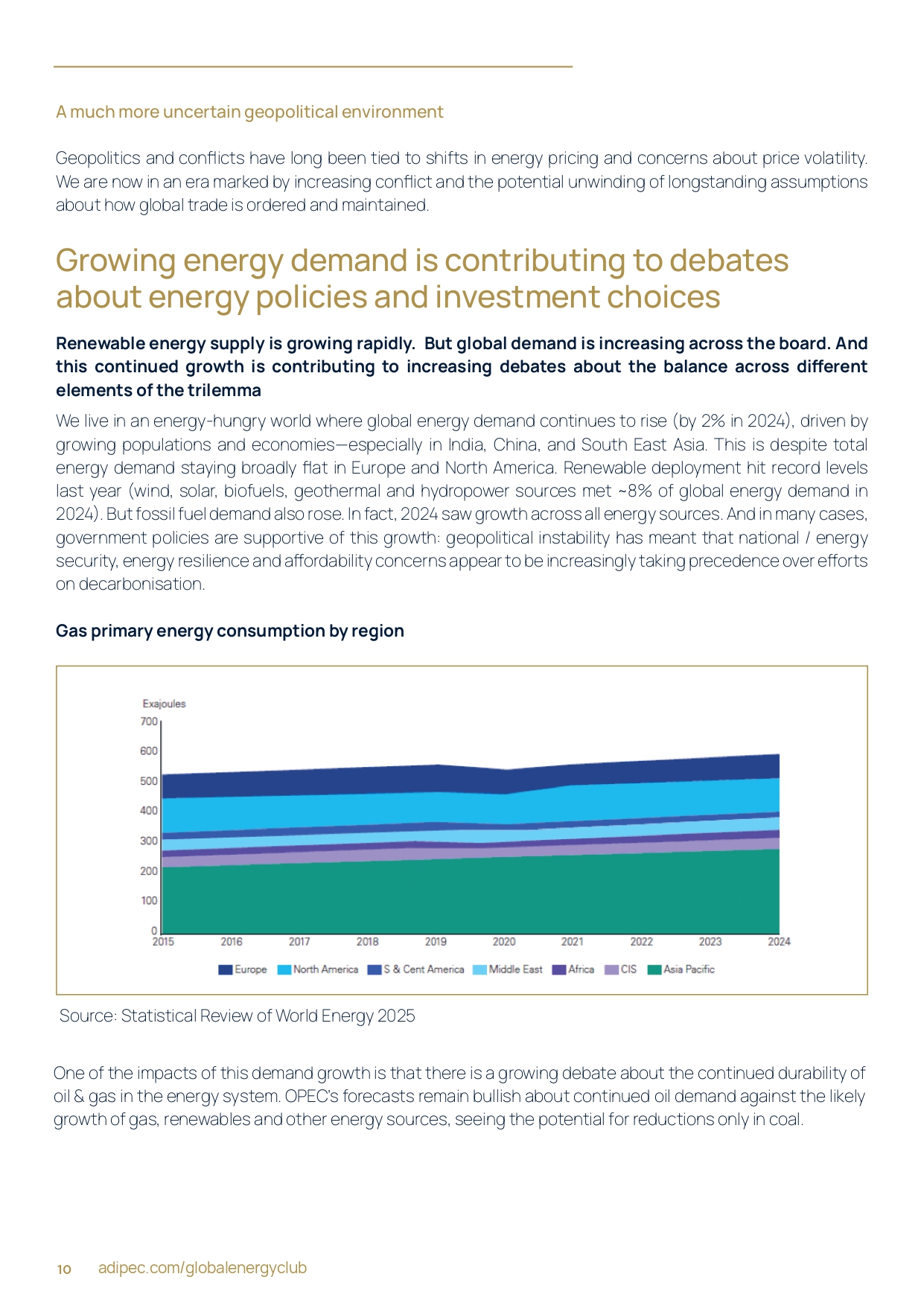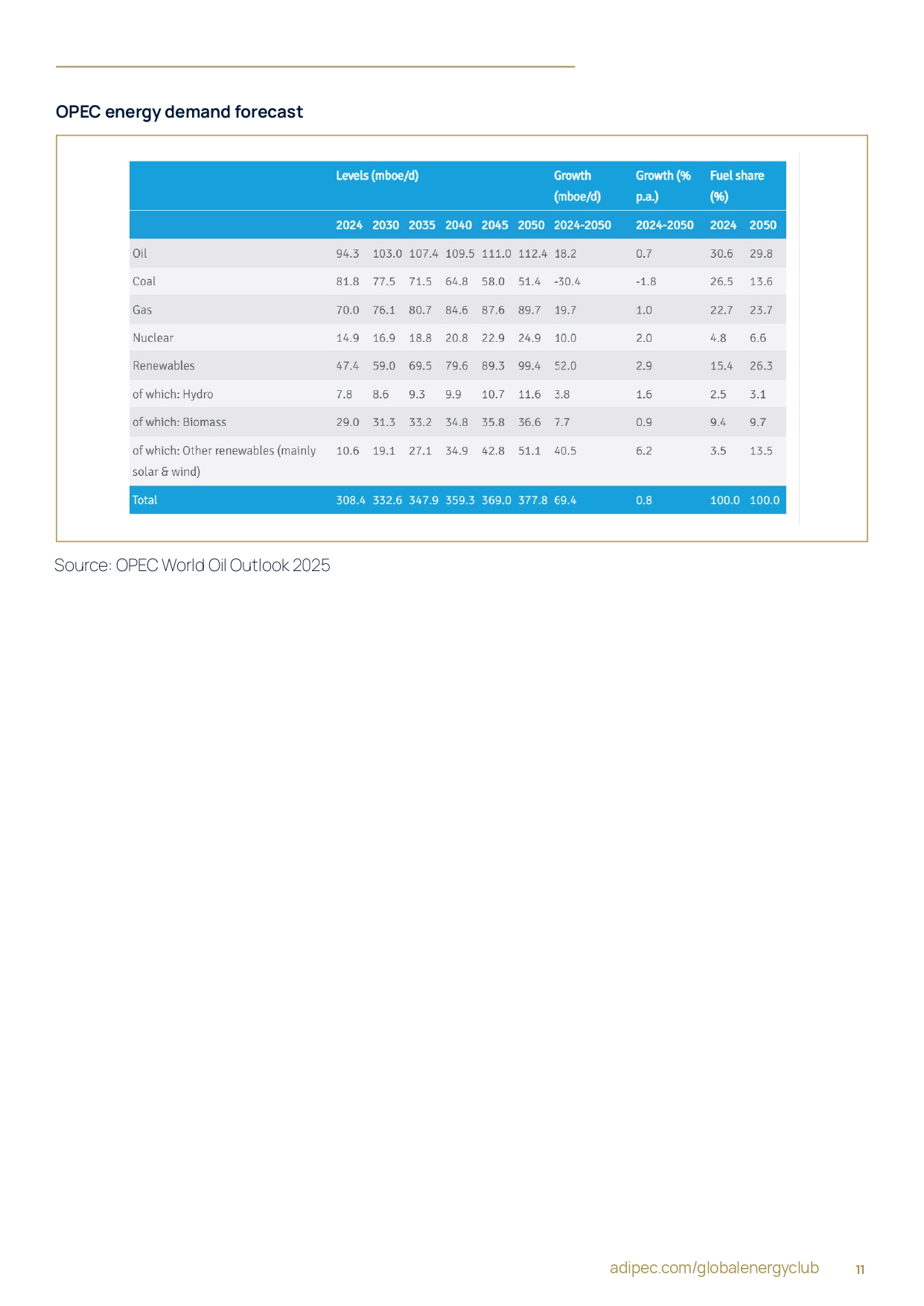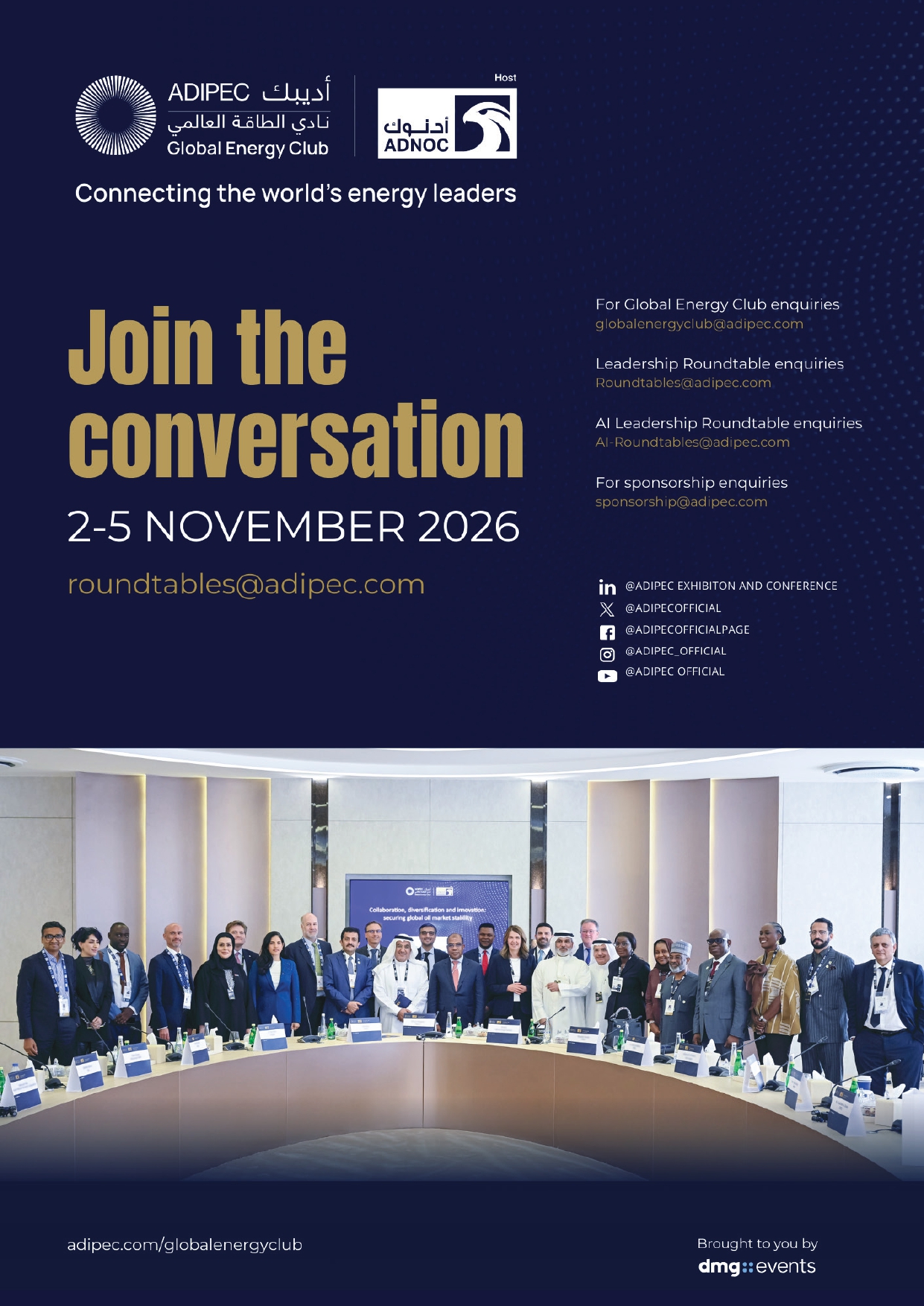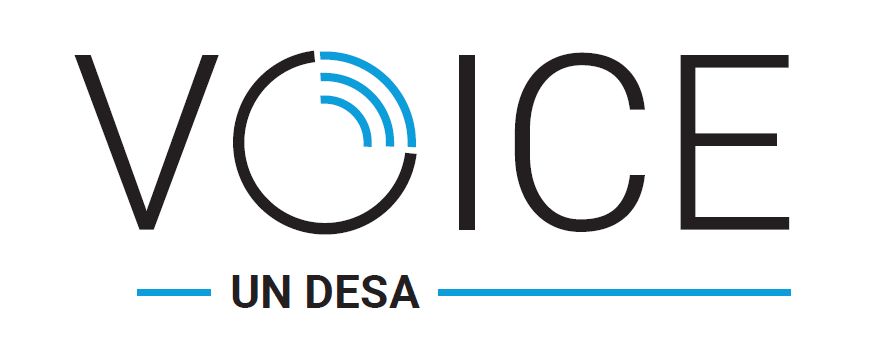
Youth in the spotlight as UN DESA examines mental health and population trends in new reports
Last month, UN DESA launched the World Youth Report on Youth Mental Health and Well-being, highlighting the urgent need for inclusive, youth-informed mental health policies. Another report, World Population Highlights 2026: Youth, is now being released, homing in on the latest youth population trends, helping policymakers use population foresight to address the needs of young people everywhere and to ensure that demographic change supports equitable and sustainable development.
Expert Voices

Financial integrity – a precondition for addressing the defining challenges of our time
Each year, illicit financial flows divert vast public resources away from classrooms, hospitals and climate action, shrinking the fiscal space countries need to serve their people. Following ECOSOC’s first-ever Special Meeting on Financial Integrity last month, Nobel Laureate in Economics Joseph Stiglitz reflected on why financial integrity matters now and who is most affected when global rules fall short.

5 ways forests drive inclusive and resilient economies
Forests generate employment, support rural and urban livelihoods, underpin food systems, supply raw materials and energy, and provide ecosystem services that enable productivity across sectors. Yet, despite their wide-ranging economic, social and environmental contributions, forests remain systematically undervalued in economic planning, investment strategies and financial systems.
